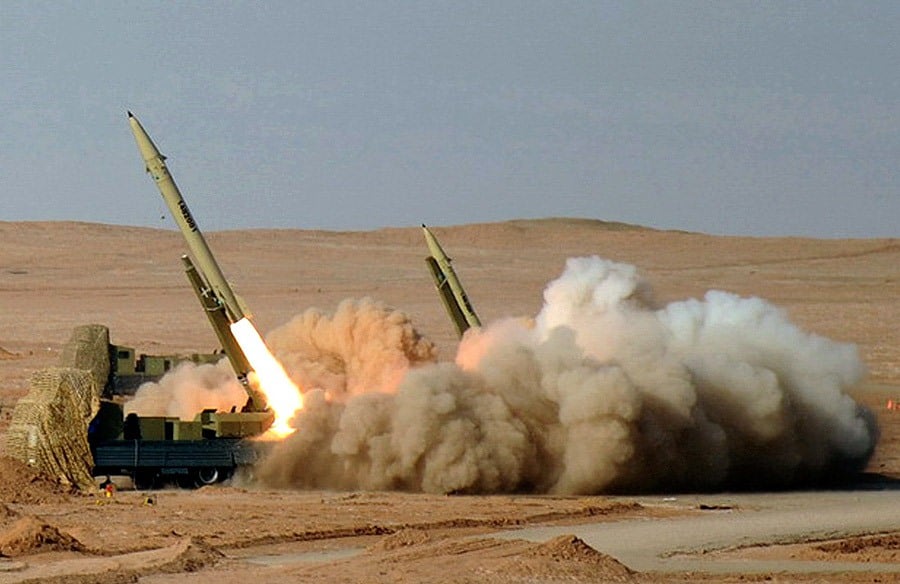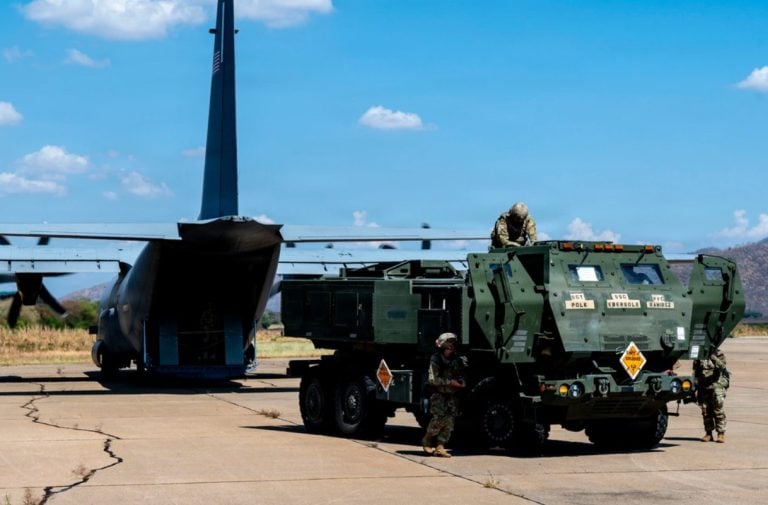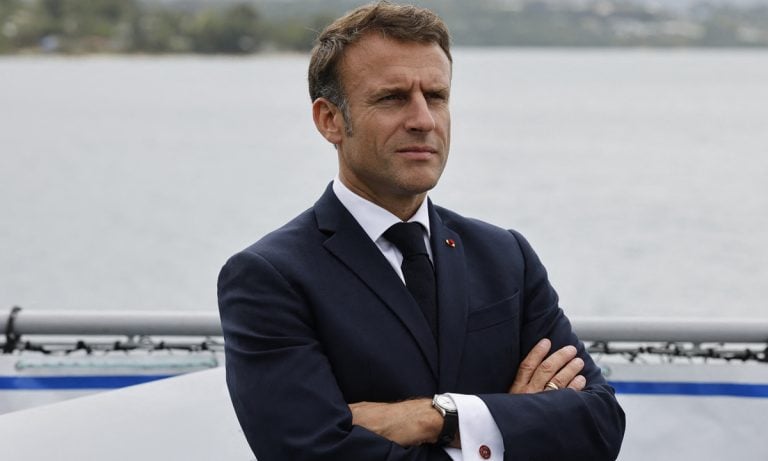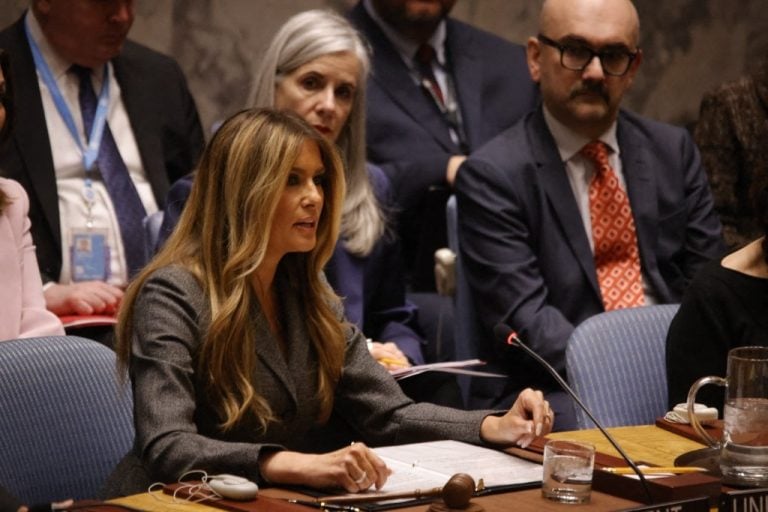Iran has recently unveiled a new solid-fuel ballistic missile, named the Ghassem Basir, with a range of approximately 1,200 kilometers (745 miles). This announcement comes amid escalating tensions between Iran and Western nations, particularly in relation to Iran’s missile capabilities, which many in the West view as a destabilizing factor in the Middle East.
State television reported that the Ghassem Basir represents a significant advancement in Iran’s defense technology. The move raises concerns, as Iran continues to support a network of militant groups known as the “axis of resistance,” which includes factions opposed to Israel, such as the Huthi rebels in Yemen, Hezbollah in Lebanon, Hamas in the Gaza Strip, and various Shiite armed groups in Iraq.
The relation between Iran and Israel has seen a marked increase in hostilities, particularly following a direct military encounter last October when both nations targeted each other’s military assets. That confrontation was triggered by Iran’s missile attack, which was in retaliation for the killing of Iranian-backed militants and a commander within the Revolutionary Guards.
During a televised segment, Iranian Defense Minister Aziz Nasirzadeh showcased the new missile and warned of a decisive response should Iran be attacked, emphasizing that American military bases would be primarily targeted in the event of conflict. He reiterated that Iran does not harbor animosity towards its neighboring states.
This missile reveal comes on the heels of recent diplomatic efforts facilitated by Oman, where high-level discussions took place concerning Iran’s nuclear program on three consecutive Saturdays starting in mid-April. These meetings marked the first substantial engagement since the U.S. withdrew from a pivotal nuclear agreement in 2018.
U.S. Secretary of State Marco Rubio urged Iran to cease uranium enrichment, arguing that such activities are typically associated with countries possessing nuclear weapons. On a related note, Israeli Prime Minister Benjamin Netanyahu stressed the need for any new deal to eliminate Iran’s capacity to enrich uranium and to halt the development of ballistic missiles.
While Tehran insists its nuclear objectives are purely for civilian usage and vehemently denies any intention to build nuclear weapons, it has refused to engage in discussions regarding its military capabilities, including its missile development program. Tensions further escalate as U.S. President Donald Trump has threatened military action against Iran should diplomatic efforts fail, alongside imposing new sanctions targeting the Iranian oil sector.







